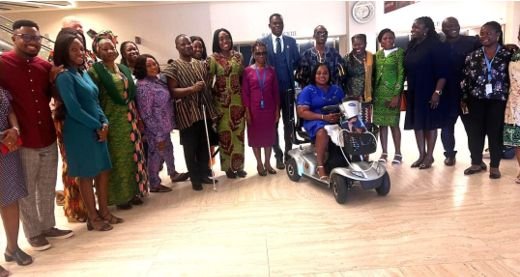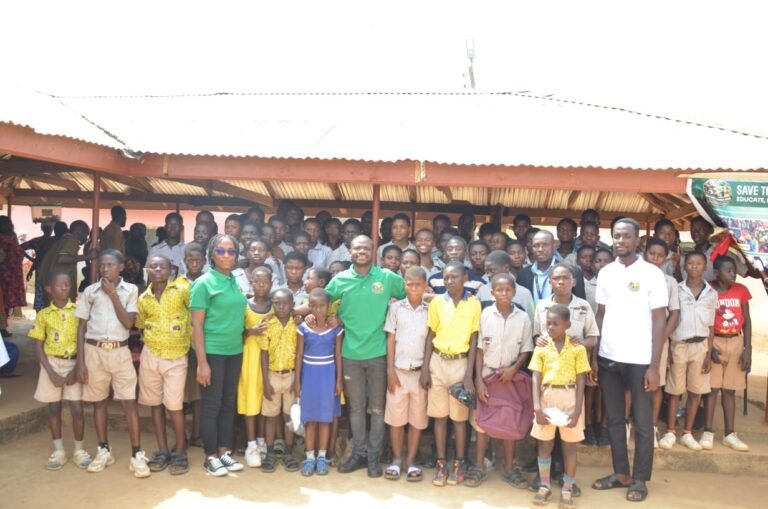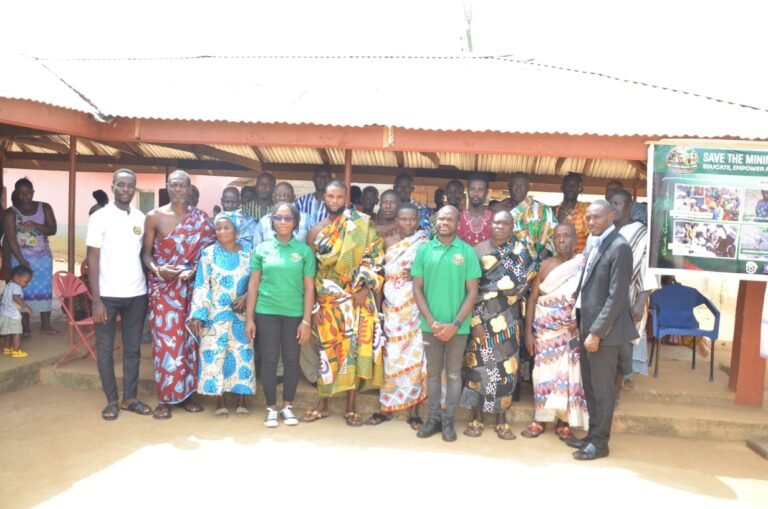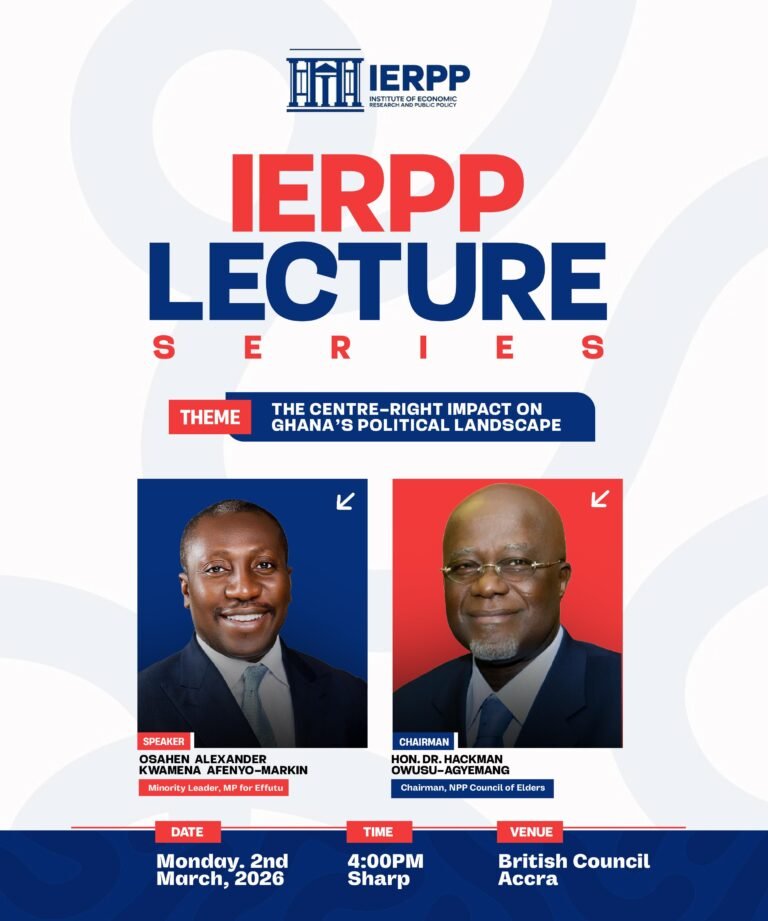
By Isabella Agyakwa
The Minister of Gender, Children and Social Protection, Dakoa Newman, says Ghana is committed to fostering an inclusive society where individuals with disabilities can fully contribute and thrive.
She highlighted that Ghana was home to approximately 2.09 million people with disabilities (PWDs), representing around eight percent of the population.
Presenting Ghana’s report on PWDs to the United Nations Committee on the Rights of Persons with Disabilities (CRPD), the Minister disclosed that Ghana was actively piloting inclusive education across 379 schools in 70 districts.
“Currently, there are 28 special schools, 24 unit schools, and nine integrated schools in Ghana. The Ministry of Education had taken measures to mainstream special education into the regular system by ensuring the availability of a Ghanaian Sign Language Dictionary, which was currently being used by 850 teachers,” she said.
“The country has also provided a feeding grant for special schools which has increased access to basic education and reduced the financial burden on parents with children with disabilities,” the Minister added.
Further efforts, Ms. Newman indicated, included ensuring physical accessibility in public and private buildings through the Ghana Accessibility Standard for the built environment, the Digital Acceleration Project for Digital Jobs and Inclusion which aims to improve digital access for persons with disabilities, and equipping ICT centres in schools for the disabled.
“Ghanaian companies are increasingly adopting inclusive employment practices, offering job opportunities and accessible workplaces. Vocational training programs and the Persons with Disabilities Enterprise Support Grant are also available to support entrepreneurship and vocational development,” she told the Committee.
Regulation
The Social Protection Policy 2015 recognizes the unique needs of persons with disabilities, and this focus is reinforced by the Social Protection Bill currently before Parliament.
The government integrates persons with disabilities into social interventions like the Livelihood Empowerment Against Poverty Programme and the National Health Insurance Scheme.
The national development blueprint, the National Medium-Term Development Policy Framework 2022-2025, placed disability inclusion at the heart of the development agenda, investing in inclusive education.
In decision-making, Ghana has made strides by collaborating with the Ghana Federation of Disability Organizations and political parties to enhance participation. In the 2023 district and unit committee elections, 73 and 67 individuals with disabilities were elected, respectively.
Ms Newman further pointed out that despite progress, challenges remained and Ghana remained open to recommendations from the Committee and reaffirms its commitment to advancing disability inclusion and improving the lives and rights of persons with disabilities.
The Committee was, however, concerned that most intentions were based on the Persons with Disabilities Bill whose enactment was indefinite, given that it was only a couple of months to the country’s general elections in December.
This could mean the process of the bill would be restarted, should the government change before it was enacted. It was hoped this, among other issues, would be addressed.
The delegation of Ghana was comprised of representatives from the Ministry of Gender, Children and Social Protection, the National Council for Persons with Disabilities, and the Permanent Mission of Ghana to the United Nations Office in Geneva.




